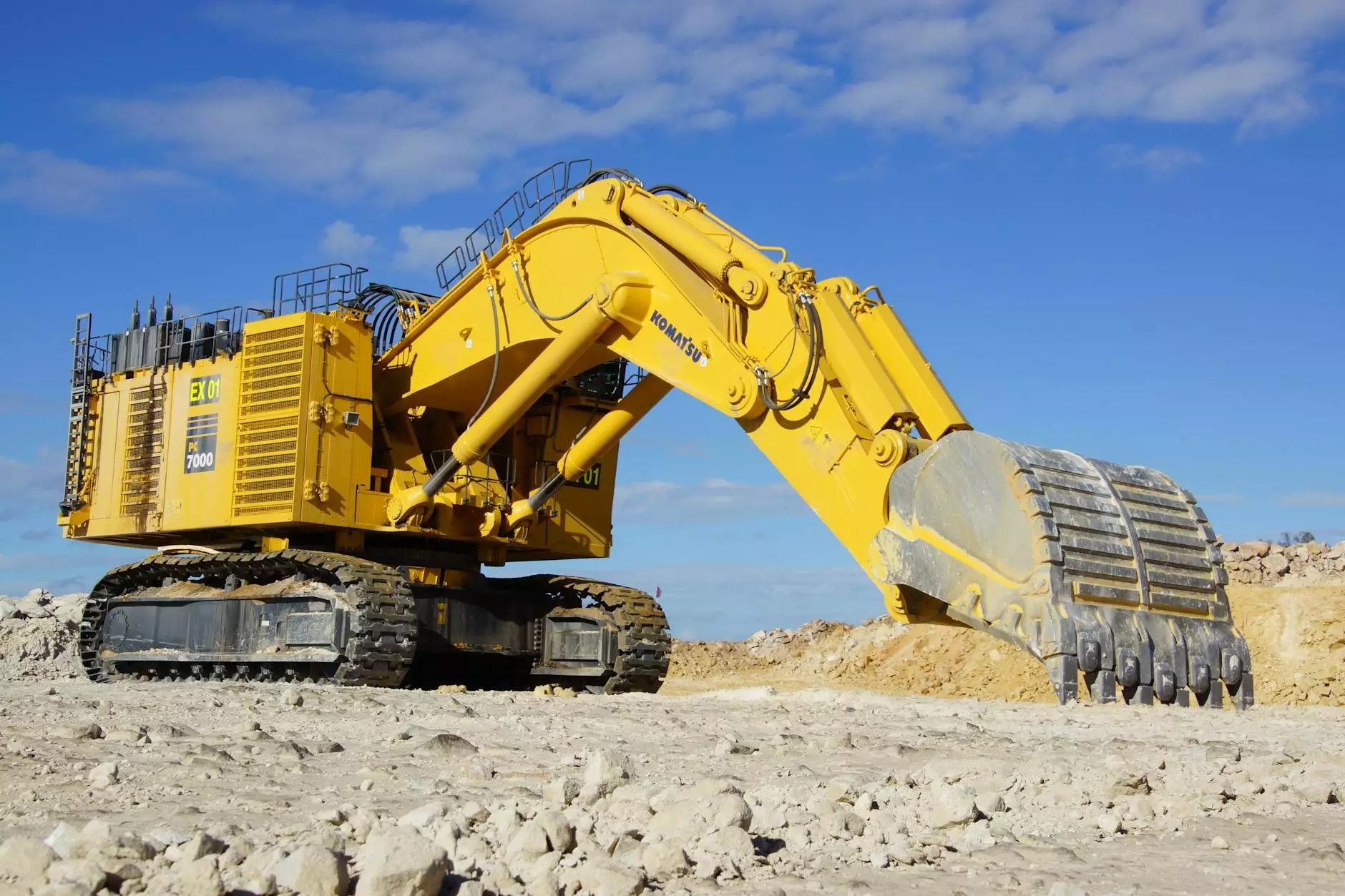The Versatile and Sustainable Benefits of Coconut Shell Charcoal Briquettes

Coconut shell charcoal briquette is increasingly gaining recognition as an eco-friendly and efficient alternative to traditional fuel sources. This article delves deep into the numerous benefits and applications of coconut shell charcoal briquettes, showcasing how they can enhance the sustainability of your business, particularly in sectors related to timber and wood supply.
1. Understanding Coconut Shell Charcoal Briquettes
Coconut shell charcoal briquettes are made from the hardened charcoal derived from coconut shells. The production process usually involves the following steps:
- Harvesting: Coconut shells are collected and cleaned.
- Carbonization: The shells are subjected to high temperatures in the absence of oxygen, converting them into charcoal.
- Shaping: The charcoal is then molded into briquettes using binders.
This method not only utilizes the often-discarded coconut shells but also minimizes waste and promotes sustainability.
2. Environmental Impact and Sustainability
In today's world, the importance of sustainable practices cannot be overstated. Coconut shell charcoal briquettes offer several environmental benefits:
- Carbon Neutral: Burning coconut shell charcoal releases carbon dioxide that was previously absorbed by the coconut trees, making it a carbon-neutral process.
- Waste Reduction: Utilizing coconut shells, which are by-products of the coconut industry, contributes to waste reduction.
- Forestry Preservation: By providing an alternative to wood-based charcoal, coconut shell briquettes help in conserving forests and biodiversity.
3. Efficiency of Coconut Shell Charcoal Briquettes as a Fuel Source
When it comes to fuel, efficiency is key. Coconut shell charcoal briquettes stand out for several reasons:
- High Calorific Value: These briquettes have an impressive calorific value of around 4,500 - 6,000 Kcal/kg, making them highly efficient for cooking and heating.
- Long Burn Time: Their compact nature and high density allow them to burn for an extended period, reducing the need for frequent replenishment.
- Low Smoke Emission: They produce very little smoke compared to traditional wood charcoal, making them suitable for indoor grilling and barbecues.
4. Applications of Coconut Shell Charcoal Briquettes
The versatility of coconut shell charcoal briquettes makes them suitable for a range of applications, including:
4.1 Cooking and Barbecue
For culinary enthusiasts and professional chefs alike, coconut charcoal briquettes are ideal for:
- Grilling: They provide a consistent heat, ensuring even cooking.
- Smoking: Their low smoke emission enhances flavors without overwhelming the food.
- Indoor Cooking: Their minimal emissions make them safe for use in enclosed spaces compared to traditional charcoal.
4.2 Industrial Applications
Coconut shell charcoal briquettes are gaining traction in various industries for their strength as a fuel source:
- Power Generation: They can be used as a renewable energy source in power plants.
- Manufacturing: They are employed in producing activated carbon and as a heating source in various manufacturing processes.
4.3 Agricultural Uses
Farmers and gardeners can also benefit from coconut shell charcoal briquettes:
- Soil Improvement: Incorporating the ash from burnt briquettes can enhance soil quality and fertility.
- Pest Control: Their application can deter pests when used as a natural barrier.
5. Economic Benefits of Using Coconut Shell Charcoal Briquettes
Switching to coconut shell charcoal briquettes can offer considerable economic advantages:
- Cost-Effective: Despite the initial investment, their efficiency leads to lower fuel costs over time.
- Job Creation: The production process creates local jobs, benefiting the community and economy.
- Market Opportunities: Growing demand for sustainable products opens new markets for businesses involved in the supply chain.
6. How to Source High-Quality Coconut Shell Charcoal Briquettes
For businesses like starytimbersro.com, which specialize in wood supply and timber, integrating coconut shell charcoal briquettes into your product line can be advantageous. Here are some tips for sourcing high-quality briquettes:
- Reputable Suppliers: Choose suppliers with a strong track record in sustainable practices.
- Quality Certifications: Look for products that meet international quality standards to ensure efficiency and sustainability.
- Sample Testing: Before making bulk purchases, request samples to evaluate burn time, emissions, and calorific value.
7. The Future of Coconut Shell Charcoal Briquettes
The future of coconut shell charcoal briquettes looks promising, with a growing trend towards renewable energy sources and sustainable living.
As more businesses and consumers become aware of environmental issues, the demand for eco-friendly products like coconut shell charcoal briquettes is expected to surge.
7.1 Innovations in Production
Innovations in the production process, such as using advanced pyrolysis techniques, are set to improve the quality and efficiency of coconut charcoal briquettes further.
7.2 Expanding Markets
Markets for coconut charcoal briquettes are expanding beyond traditional sectors, with increasing interest from industries such as tourism, hospitality, and even urban domestic use.
Conclusion
In conclusion, coconut shell charcoal briquettes represent a sustainable, efficient, and versatile solution for various applications. As businesses like starytimbersro.com continue to adapt to changing consumer demands and sustainability goals, integrating coconut shell charcoal briquettes into product offerings will not only enhance business prospects but also contribute positively to the environment. Embracing this innovative product is a step towards a cleaner, greener future.



